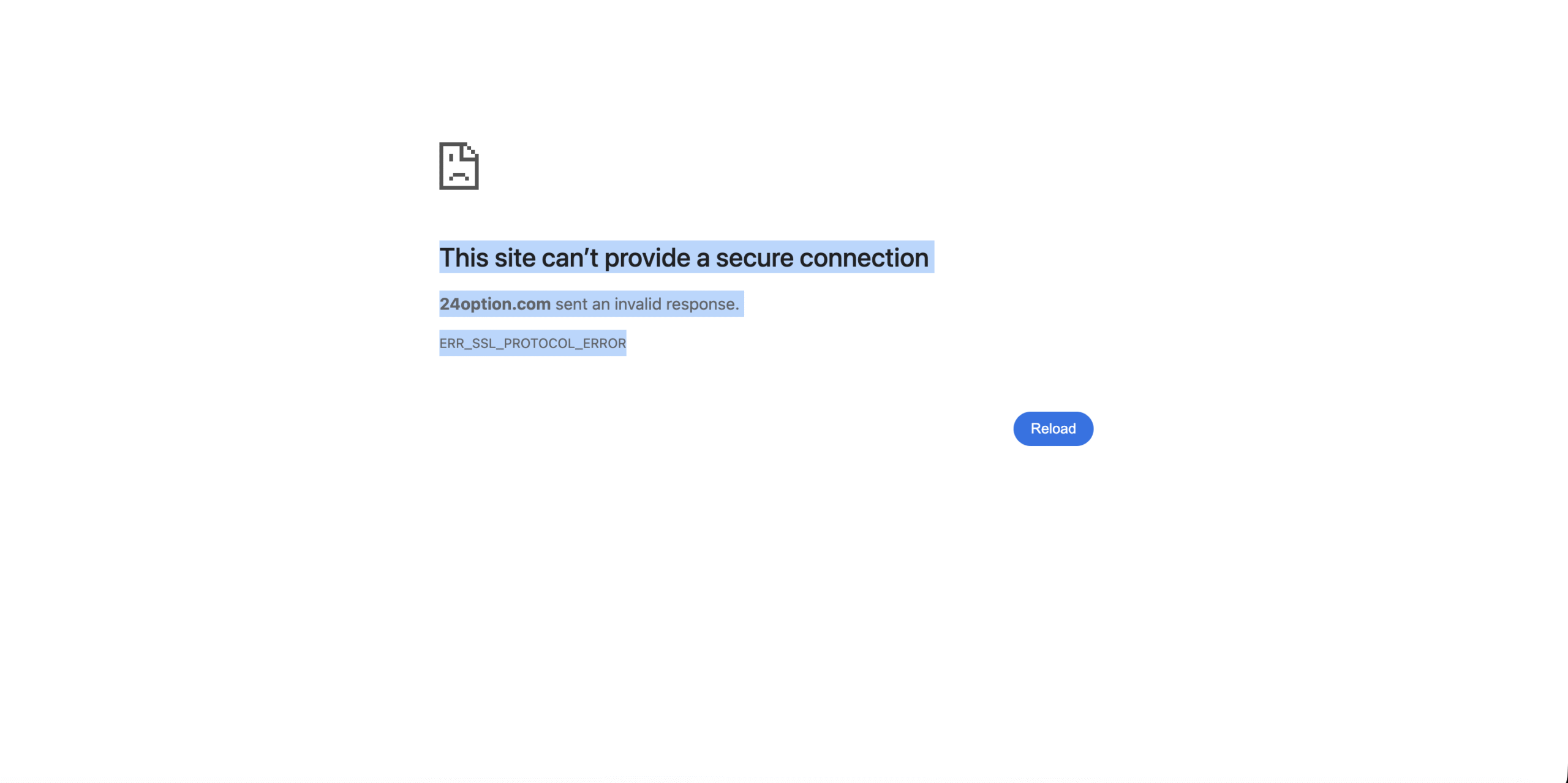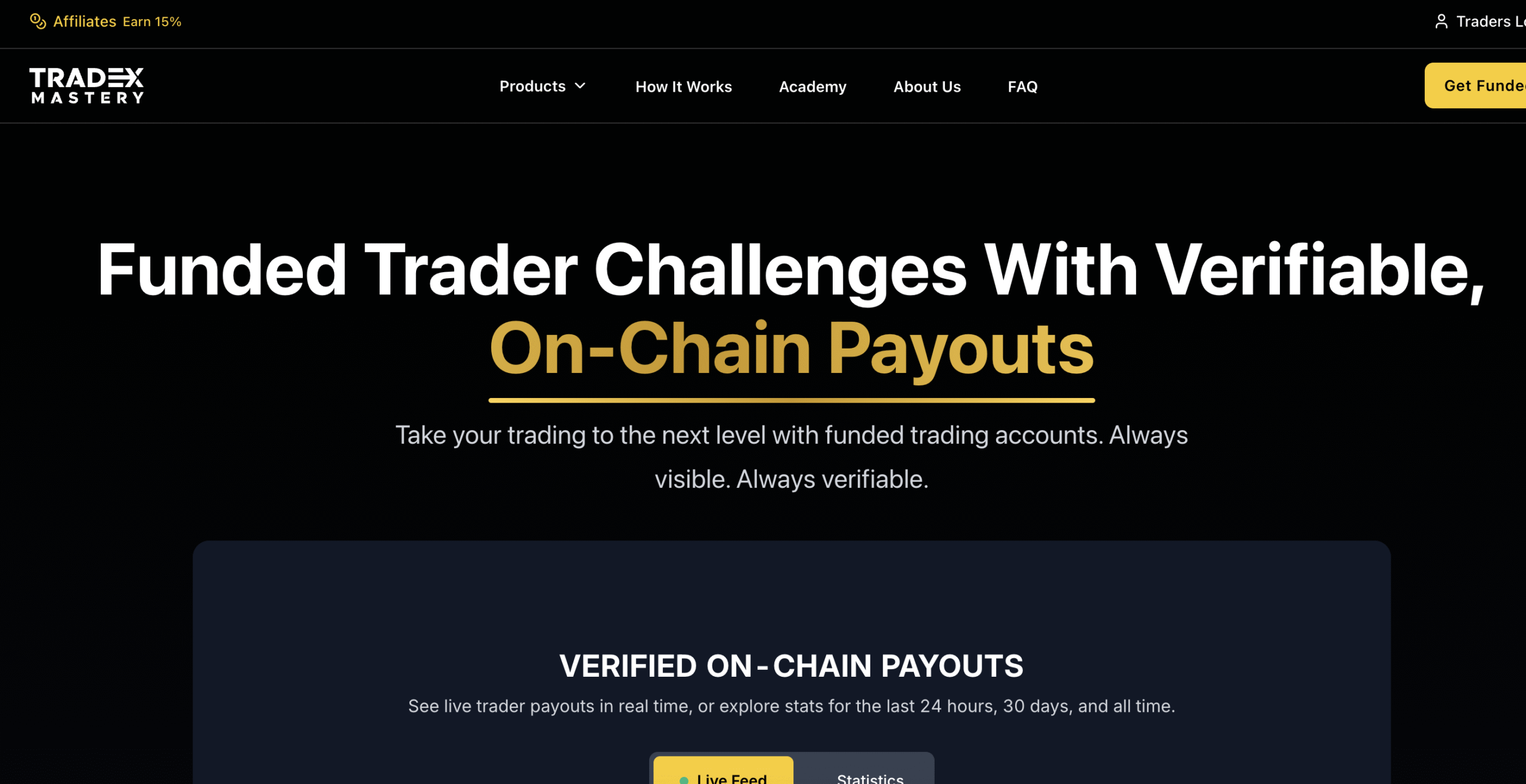In the fast-moving world of online trading, few names have sparked as much controversy as 24Options.com (often styled as 24Option or 24Options). Marketed as an advanced platform for forex and CFD trading, this broker once attracted thousands of aspiring investors hoping to turn small deposits into significant profits. However, behind the glossy website and persuasive marketing language lies a darker story — one filled with complaints, missing funds, and accusations of fraud.
This in-depth review examines how 24Options.com operates, why so many traders now label it a scam, and what lessons can be learned from the countless individuals who lost their money to its schemes.
Online trading platforms promise access, control, and financial opportunity — but not all platforms deliver it safely. 24Options.com emerged as one of the most talked-about sites among retail traders, marketed as a user-friendly gateway into forex, CFDs, and other leveraged markets. With slick graphics, persuasive language, and assurances of support, it looked like a pathway to profit.
Yet thousands of users paint a starkly different picture — one filled with blocked accounts, suspicious conditions on withdrawals, and customer support that disappears when issues matter most. This review outlines six harsh outcomes reported by traders who engaged with 24Options.com, highlights the structural issues behind them, and points to practical steps users can take if they’ve experienced similar problems.
1. Deposit Traps and Mounting Pressure
One of the earliest adverse experiences reported by many traders is not related to markets — but to the platform’s approach to fund acceptance.
How It Happens
Traders often report:
-
Initial calls or messages from representatives soon after registering
-
Encouragement to deposit quickly “to seize a timely opportunity”
-
Frequent follow-up contacts to increase deposits
What starts as a modest deposit — sometimes as low as $250 — quickly escalates into persistent pressure to add funds. Traders describe being told that additional capital will unlock better trading conditions or exclusive tools. In legitimate brokerage environments, decisions about funding come from the trader, not from repeated suggestions by a third party.
Why This Matters
This design trades on urgency and emotional response. Pressure tactics shift focus from risk management to rapid capital commitment — a dangerous mindset for anyone in volatile markets. It also creates a situation where traders feel psychologically invested before they’ve had a chance to evaluate the platform’s reliability.
2. Early Positive Balances That Don’t Translate to Cash
A recurring theme in user accounts involves phantom profits — temporary gains that appear in accounts but never materialize in actual withdrawal value.
The Pattern use by 24Options.com
Many traders describe seeing:
-
Account balances increasing after some initial trades
-
Reported gains posted within hours of deposit
-
Screens that show profitable positions
These figures may provide short-term reassurance. However, traders frequently find that these apparent gains become unreachable when a withdrawal is attempted.
What Traders Report about 24Options.com
Once a request to withdraw is made, the situation often changes dramatically:
-
Balances appear lower than previously shown
-
Profits vanish without explanation
-
Withdrawal requests trigger new terms
This discrepancy suggests that the balance displayed may be a platform-controlled representation, not a reflection of real market execution.
3. Withdrawal Conditions That Shift Without Notice
Perhaps the most significant and commonly reported issue involves the conditions attached to withdrawing funds. Many traders assumed that, since they had deposited and earned apparent profits, they should be able to access their money at any time. Unfortunately, that was not the case for many.
Reported Barriers
Users have consistently described several types of obstacles:
-
Requirements for additional fees before processing withdrawals
-
“Verification” checks that extend indefinitely
-
Minimum trading volume conditions introduced after deposit
-
New compliance conditions tied to “security” or “risk protection”
These barriers often appear only after a withdrawal is requested — not before — making them functionally punitive rather than precautionary.
How It Undermines Trust
In regulated markets, brokers disclose all conditions upfront and link them to regulatory requirements. Adjusting terms retroactively, especially after funds are committed, creates a trust deficit. Traders begin to question whether the platform is safeguarding client interests or prioritizing retention of funds.
4. Communication Breakdown at Critical Moments
Communication is a standard expectation in financial services — especially when money is on the line. Yet a pattern of contact disappearance surfaces in numerous 24Options.com reports.
What Traders Describe
After initial engagement and early contact, users often find that:
-
Account managers stop responding
-
Support emails go unanswered or automated
-
Phone lines go silent during urgent inquiries
-
Follow-ups are ignored when withdrawal issues arise
This is not a temporary customer support delay. It is a systemic pattern reported independently by many users.
Why This Matters
Professional brokers prioritize customer support because:
-
Market conditions change rapidly
-
Users need timely help during trades
-
Withdrawal issues require clear processes
When communication falters precisely where trust should deepen, traders are left without answers at the very moment they need them most.
5. Inconsistent Pricing and Execution Concerns
Markets do not always move perfectly, but legitimate brokers execute trades based on real market data feeds. Many users allege that 24Options.com showed prices or executed actions that did not align with independent market sources.
Trader Observations on 24Options.com
After reviewing trading sessions, users have reported:
-
Chart movements that differ from external exchanges
-
Delays in execution timestamps
-
Trade fills that occur at unfavorable or outdated prices
In markets like forex, where timing and price accuracy are crucial, these discrepancies can increase losses and erode confidence in platform integrity.
The Difference With Regulated Platforms
Well-regulated brokers tie their pricing and execution systems to recognized exchanges or liquidity providers. If execution quality is inconsistent or mismatched from independent data sources, it raises a serious question about where those prices originate.
6. Psychological and Financial Toll
Beyond technical issues and financial loss, many traders report that their experience with 24Options.com had a significant emotional impact.
Emotional Strain
Some of the most commonly shared feelings include:
-
Frustration over unexplained account behavior
-
Loss of trust in online trading more broadly
-
Shame or embarrassment about financial loss
-
Anxiety about recovery prospects
It’s important to understand that these reactions are not irrational. When real money is involved, unexpected barriers to access or transparency can trigger deep emotional responses.
This is one reason why documenting every interaction, communication, and transaction is essential — not just for potential recovery, but for understanding the full scope of impact.
Patterns Shared By 24Options.com With Other Risky Platforms
The experiences reported with 24Options.com are not unique. Similar dynamics have appeared in multiple high-risk financial operations:
-
Conditions that appear only after funds are deposited
-
Requirements that become stricter over time
-
Communication that degrades after initial contact
-
Price feeds that don’t match independent sources
-
Emotional pressure applied through repeated upselling
Understanding these patterns helps traders avoid similar environments in the future.
Practical Suggestions for Traders Evaluating Platforms
To reduce risk in online trading, consider the following actionable checks before you fund an account:
-
Verify regulatory status: Always confirm a broker’s license with official authority databases rather than trusting on-site claims.
-
Test withdrawals early: Make a small withdrawal request before committing larger capital.
-
Document everything: Keep records of chats, emails, and transaction histories.
-
Ask independent questions: Search for platform behavior on reputable forums and not only controlled testimonials.
-
Question aggressive upselling: Responsible brokers do not repeatedly pressure clients to deposit more.
Understanding the realities of market risk — and separating them from platform risk — is critical to any long-term trading strategy.
For detailed procedural help after encountering a problematic service, resources such as the scam recovery procedures guide offer structured steps for documentation, reporting, and escalation.
Additionally, traders who want to strengthen their approach to platform verification can consult the resource that explains how to check a trading service’s legitimacy before making any financial commitments.
The Broader Context: How Trust Is Eroded
Platforms like 24Options.com don’t fail overnight. They gradually erode a trader’s ability to differentiate between normal market risk and platform-specific risk. This happens through:
-
early perceived success
-
increasing demands on deposited capital
-
shifting conditions on access
-
delayed or contradictory responses
This pattern can trap traders into a cycle of chasing recovery rather than trading with discipline.
Why Awareness and Education Are Vital
Trading is inherently risky. No platform can eliminate risk entirely, nor should any claim to do so. Yet when risk arises from confusion, undisclosed conditions, and shifting rules, it moves from market risk into service risk.
The best defense for traders is:
-
education about broker behavior
-
understanding where boundaries of responsibility lie
-
knowing what to verify before committing funds
Platforms that do not allow for transparent, verifiable checks — especially around fund access — should be treated with heightened caution.
Closing Note on 24Options.com (Non-Conclusive)
The experiences shared by traders across multiple forums, reviews, and complaint boards highlight consistent outcomes: restricted withdrawals, shifting conditions, communication gaps, and a sense that platform incentives were misaligned with trader success.
By understanding what differentiates robust, transparent trading platforms from those with embedded structural risks, individual traders can make more informed decisions. The goal is not merely to avoid apparent scams, but to understand how and why certain systems create disproportionately negative outcomes — so that future choices are built on clarity, not persuasion.
The realities reported with 24Options.com serve as a reminder that in the world of online financial services, due diligence is not optional — it is essential. Stay informed, stay skeptical, and always verify beyond the surface.



